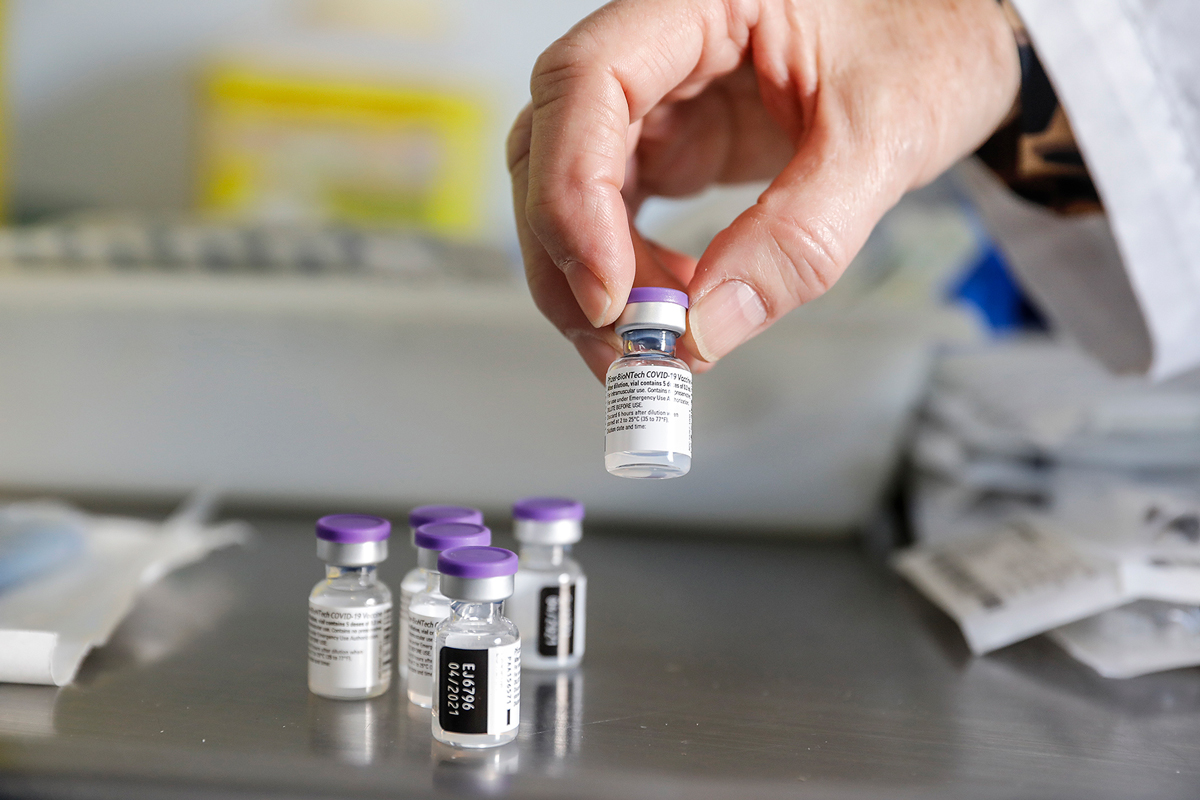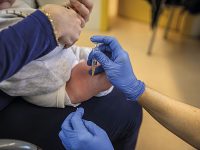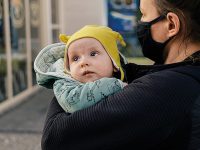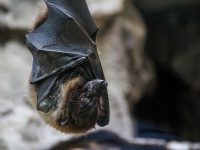Why is there no plan at the moment to vaccinate children against COVID-19?

Currently, the European Medicines Agency has authorised the Pfizer vaccine from the age of 16 and the AstraZeneca, Moderna, and Janssen vaccines from the age of 18. In addition, the Spanish Ministry of Health has also allowed children over the age of 12 who belong to at-risk groups to be vaccinated.
But at the moment, it is not essential to vaccinate all children. Fortunately, children have mostly remained uninfected and, moreover, they are not very contagious. Because children have virtually no ACE2 receptor in their bodies, it is very difficult for the virus to enter their body and replicate in their cells. In the case of the coronavirus, children are usually infected by their parents, and not the other way around, as it usually happens with other viruses. We have seen very few cases of children who have developed a severe case, and fortunately, the most severe cases have had a positive outcome, except in very specific cases.
For the same reason, the initial target of the vaccines was the older and middle-aged population at higher risk. At present, there are very few clinical trials with paediatric population. This does not mean that the vaccine will not work in children, it will definitely do. And we know that different companies are already doing clinical trials with children of 5 years of age and they will gradually lower the age. The added advantage is that these trials are being done differently. Children will not be given a placebo, but will instead all receive the vaccine. This is a bridging study, comparing the number of antibodies generated by the child with the number of antibodies generated by an adult. If the figures are comparable, then the vaccine will be authorised for children.
Is there a chance that childhood vaccination will be necessary at some point? That may be the case if there are variations in the genome that allow the virus to infect younger children more easily, but at this stage, there is no need to vaccinate children.
Answered by Maria Garcés-Sánchez, specialist in paediatrics and researcher in the Vaccines Area at FISABIO.
«Mètode’s whys and wherefores» is a popular science section in which readers can submit their scientific doubts or questions and an expert on the subject will answer them. You can submit your questions with this form. Among all those we publish, a set of Mètode publications will be drawn every quarter.





